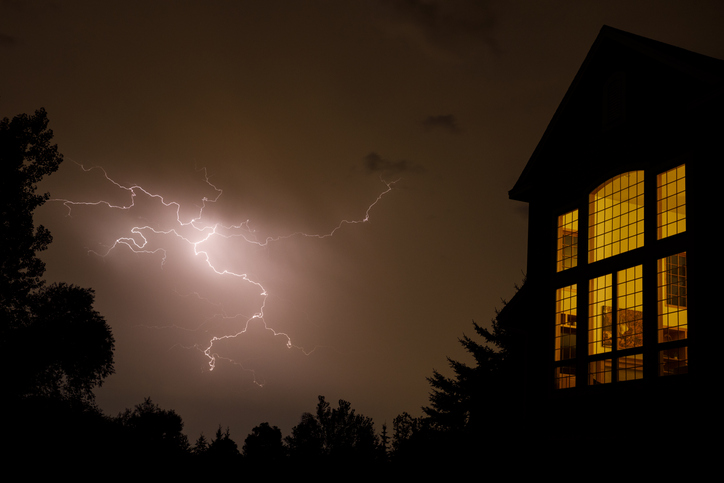Can My Siding Freeze?

Can My Siding Freeze?
February 13, 2019
As the winter weather continues to get worse and worse as the years go on, it’s getting harder to protect your home against the elements. One major issue that comes about during winter is ice and freezing. Sure, you know that your driveway can freeze over when the temperatures drop, but did you know that your siding can freeze too?
Fiber Cement
As water gets underneath fiber cement siding, it can freeze, causing the material to expands and crack in the process. Once the water melts and the fiber cement is no longer frozen, it can continue to crack and break as the material relaxes.
Traditional Wood Siding
Wood siding needs to be taken care of to preserve it normally, but during winter, it requires a little more attention. If you don’t keep up with painting and sealing, water can soak into your wood siding, causing it to freeze, warp, and crack.
Vinyl Siding
Vinyl siding is often installed a little loosely so that it can handle the changing temperatures outside — it expands and contracts with outdoor weather. While it’s pretty good at standing up to the cold, it can be more prone to freezing and crack in winter if the temperatures really drop.
Engineered Wood Siding
If you opted for engineered wood siding over the traditional material, your siding may have a better chance at holding up in winter temperatures. Engineered wood siding doesn’t freeze as easily as other siding materials, so you won’t have to worry about much damage.
For all your roofing and siding needs near Norwalk, CT, contact the professionals at JM Roofing & Siding. Give us a call at 203-299-0716 for your FREE estimate today.
Recent News

Summer Project Inspiration: Upgrading Your Home’s Exterior
June 27, 2025
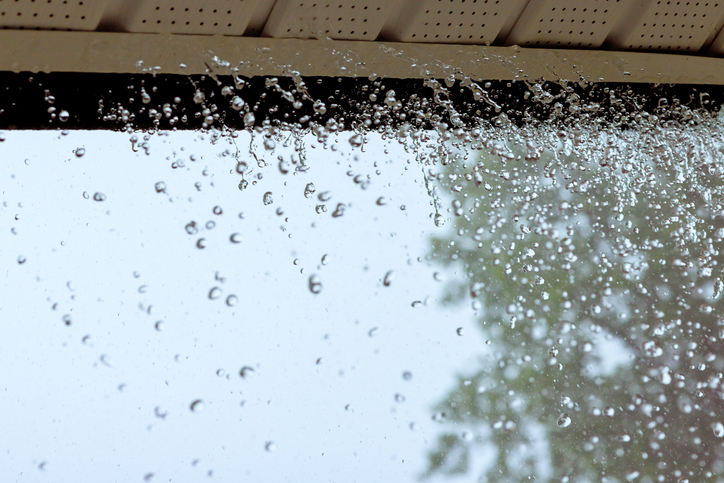
Top 3 Causes of Overflowing Gutters
June 19, 2025
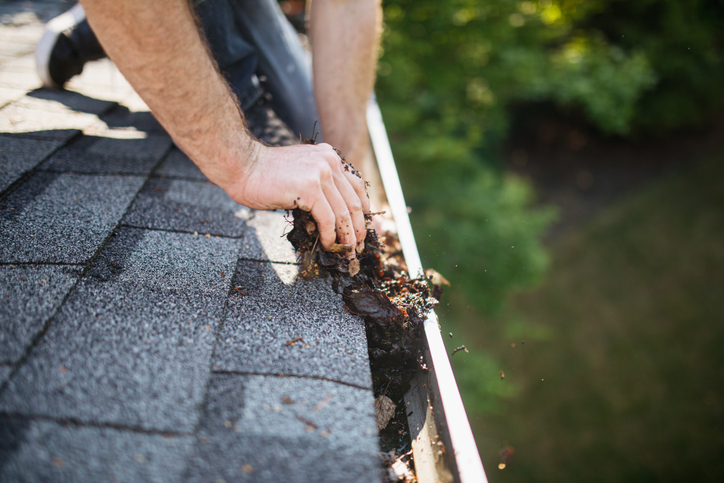
Spring Roof Cleaning Tips to Prepare Your Home for Summer
June 13, 2025
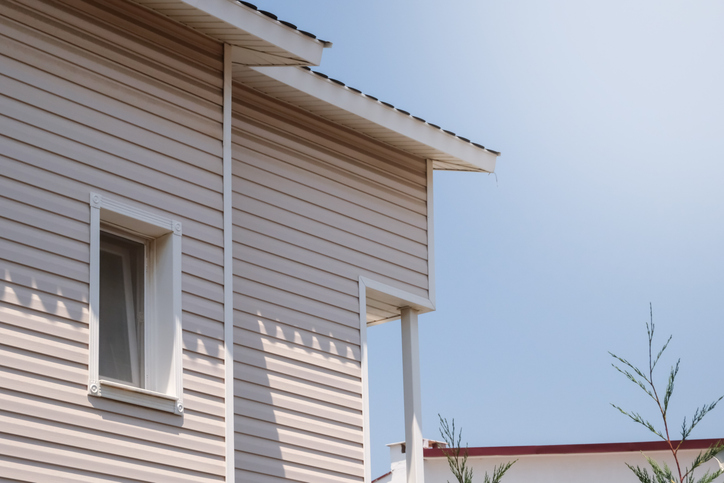
How to Protect Your Siding During Storms
June 9, 2025
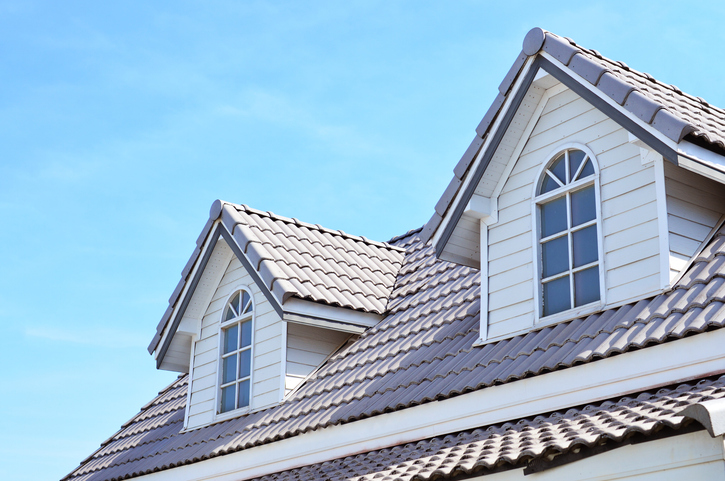
5 Common Roofing Mistakes Homeowners Make in Spring
June 5, 2025
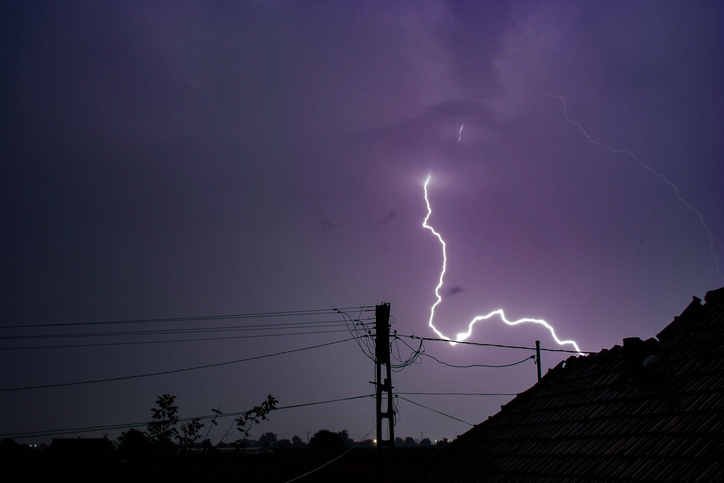
Storm-Proofing Your Home: Expert Tips for Resilient Roofing and Siding
May 28, 2025
